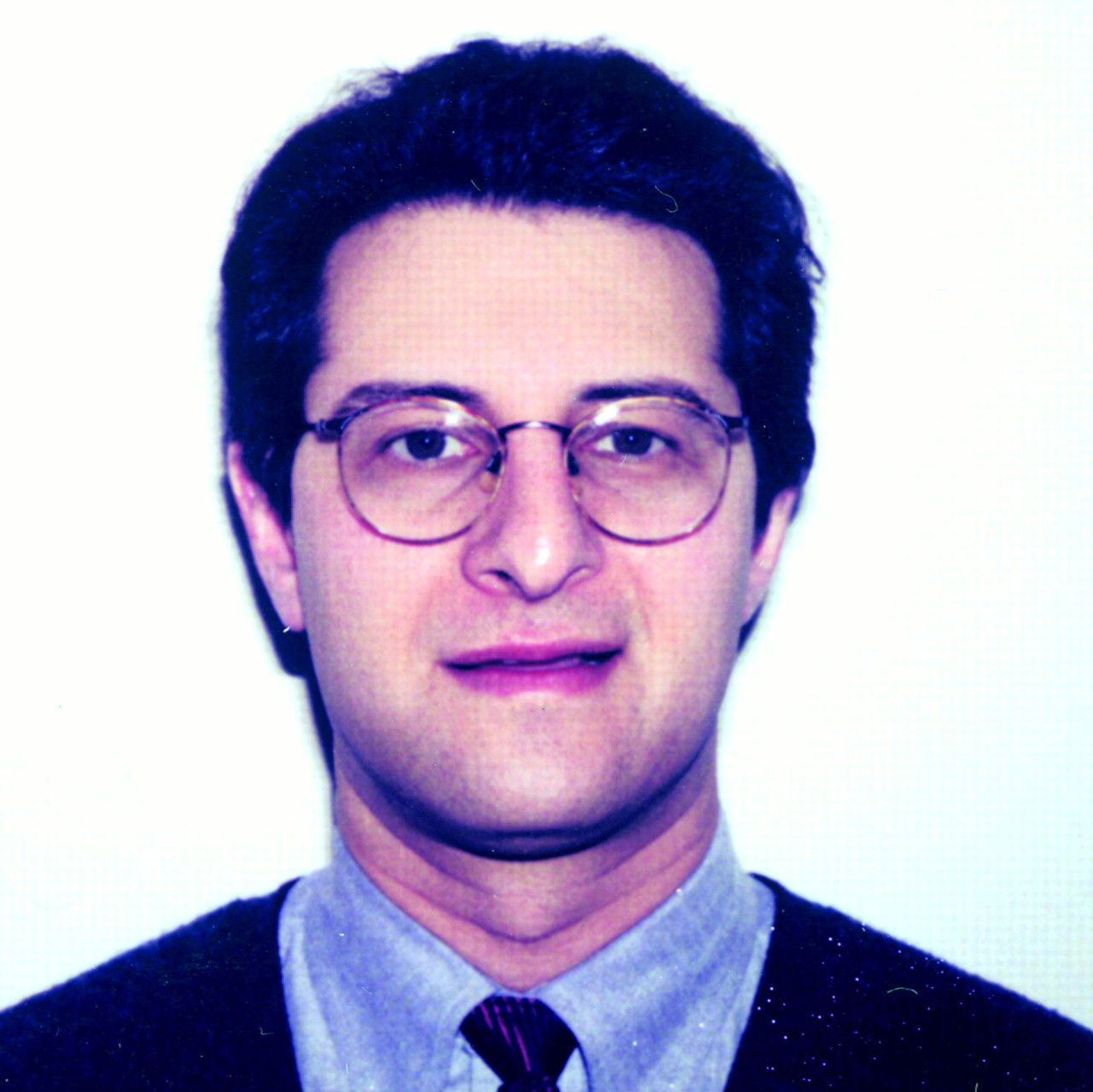The Five-Year Itch

Training cycles in medicine and psychiatry tend to run in blocks of four—four years of college, four years of medical school, four years of internship and residency, plus the odd year here and there for fellowship, research projects, time out of training, and so on. Most of us early in our careers grew accustomed to that pace, settling into one school, program, or hospital for the four-year stretch, then moving on to the next phase of training.
Now my training is long over, and I realize that I have spent the past four and three-fourths years in the same job setting. It is the first time since perhaps elementary school that I have spent more than four years in the same “role”—the stability is both comforting and rather unnerving.
It is comforting to feel more like a seasoned clinician, more secure in my skills and small degree of wisdom and experience. But at the same time I wonder what it will be like to be treating patients, doing “this work” after another five years, 15 years, 25 years of practice.
The oft-quoted statistic that the average American worker has seven jobs in his or her lifetime is likely now an underestimate in this dot.com/high-tech/outsourced economy. Yet in medicine generally and psychiatry in particular, such job transience has historically been rare outside of academic or institutional settings. A generation ago individual, private, office-based practice was by far the modal experience for psychiatrists. Once settled in a community, a psychiatrist might move his or her office but was unlikely to uproot completely to move to another state or job setting.
As more of us (especially ECPs) now work in actual salaried jobs rather than individual private practices, it raises all sorts of interesting career issues—from existential and transferential to economic and purely pragmatic. Given the societal mobility of both doctors and patients, how does this impact on the doctor-patient relationship? How does one fully assess the financial gains and losses of a major career move? Having a two-career household (in my case, another psychiatrist) further complicates the equations.
These questions bring me back to my five-year itch. A residency classmate, now in his third job in five years, recently told me that he could imagine that this is his final career move. At the same time, he is exploring other interesting “side ventures”—writing, lecturing, consulting. For accuracy in reporting, while I am still working in the same job position that I started in 1996, this has evolved from full time to part time as I’ve developed a private forensic/consultation practice. I’ve explored different options to add variety and new professional opportunities—conducting clinical trials, treating specialized patient populations, lecturing and teaching, and involvement in organized psychiatry.
Speaking to early career physician colleagues in other medical specialties, I realize that psychiatry is fairly unique in the wide variety of professional opportunities and options. Psychiatry allows the flexibility to have multiple simultaneous “mini-jobs” in a way unthinkable for other medical fields tied to expensive equipment, high overhead, or considerable staff support.
Perhaps it is possible to “scratch the itch” without dramatic changes in job setting or career identity. I suspect this is something well known to psychiatrists long established in their practices, who somehow manage to maintain vitality and freshness in their careers after decades in the same occupational setting.
But this was not a topic mentioned in those “transition-to-practice” seminars I vaguely remember from PGY-4. Nor does it come up much in the “How to Build and Manage Your Practice” workshops and books sponsored by APA. These offerings are very useful, providing much practical “how to” information, but there is little time and space for the broader experiential and existential questions—somewhat paradoxical for a field in which such questions are often at the very heart of the dilemmas our patients bring to treatment.
For those of you who are early (and not so early) in your careers and who have experienced this “itch,” please share your thoughts, comments, and solutions so they can be shared with your colleagues. Write a letter to me in care of this newspaper or e-mail me at [email protected]. ▪



